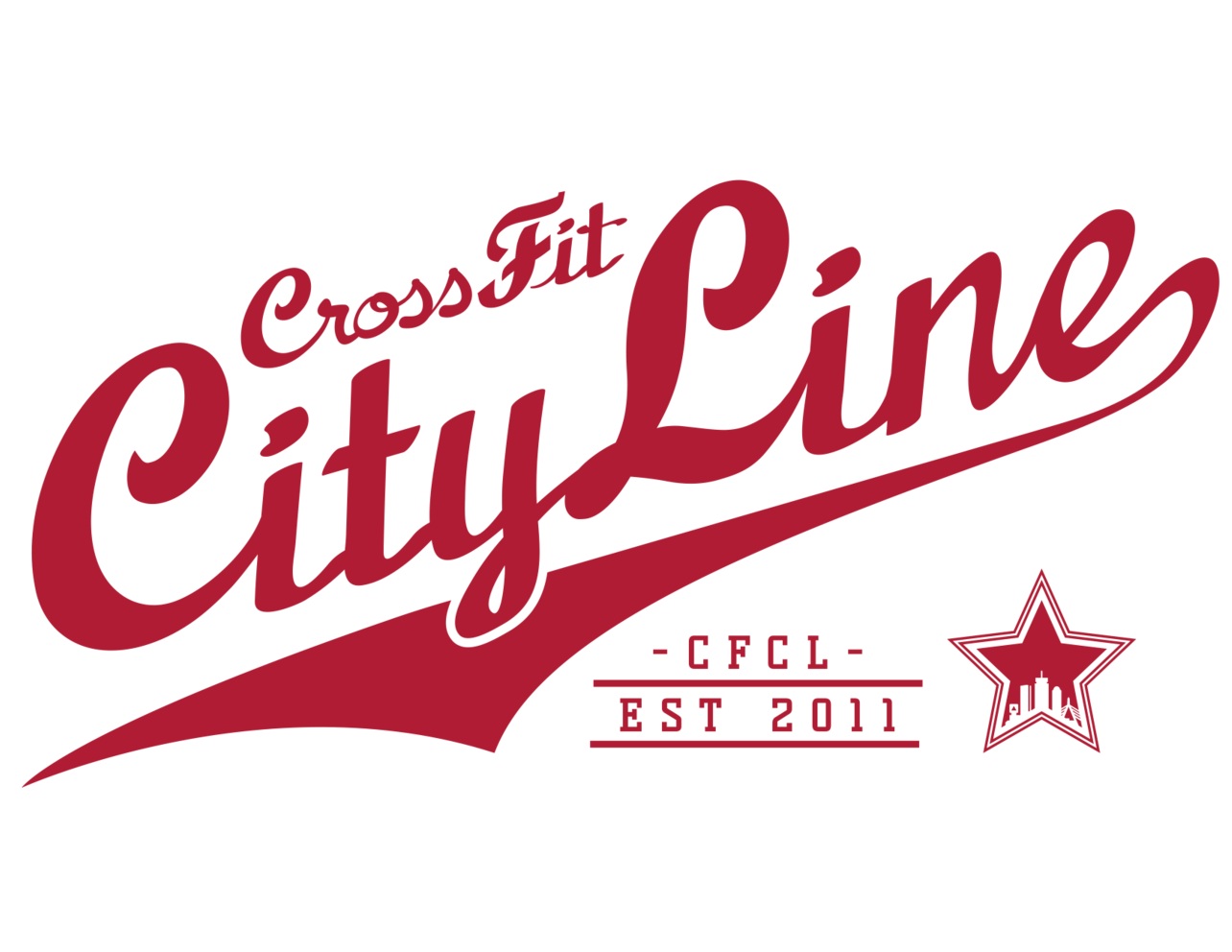Nutrition 201 - What to Eat to Maximize Your Workout
Nutrition fuels the work we do.
-by Coach Mat
Understanding the way your body digests food and uses it for fuel is key for deciding the best strategy for eating to maximize your training.
The first component to deciding how to eat is knowing what time of day you plan to train.
In the Morning
When it comes to morning workouts and eating this may be the most case-by-case decision of all. Some people feel sick or heavy when they have food in their stomach and try to work out. Some people feel fine. The only way to know what’s best for you is to try eating before and to try not eating before you train.
When you begin to do either, we recommend operating under the strategy for a week. Your body can take some time getting used to new things. The key is to give yourself time to acclimate to each strategy, and then decide which one feels better.
If you work out shortly after waking up and you’re going to eat, here are some options:
½ cup blueberries
½ of a banana
A small handful of nuts
1 hard boiled egg
½ an apple
1-2 oz of chicken
1 rice cake plain or with a small amount of nut butter
The common theme with each of these foods is that they are easy to digest--if food requires mechanical digestion (your stomach has to churn it around to break it up), it will use energy for digestion that it could be putting towards your training.
Any small combination of these foods can work as well. Keep the amount of food on the smaller side at first. If after a week you feel like you don’t have much energy, add a little more food to the meal.
Get stronger, get leaner, gain power: it's all about your nutrition!
In the Afternoon or Evening
There are two strategies for later in the day training: eating 2+ hours or around 1 hour before working out. Try both.
If you’re waiting 2+ hours, your meal should be larger and should have protein (meats), carbs (fruit, vegetables, some starch), and fat.
Examples:
Chicken, roasted broccoli and sweet potato with butter or
A turkey sandwich with salad and some salad dressing
If you’re waiting less than 2 hours, minimize fats--eat protein and carbohydrates.
Some options:
4-6 slices of roasted turkey breast + 1 apple
2 eggs and ½ cup oatmeal
A small piece of chicken, steak, fish (any protein), small piece of fruit, potato, or rice or piece of bread.
Fat slows digestion, which is why we want to minimize fat intake starting 2 hours ahead of our training time.
What about after?
You work out hard and getting your body to recover is key. Recovery starts with the first food you have after finishing a workout. We recommend you eat protein and carbs, and minimize fats for the same reason as above--quick digestion is critical for recovery. Carbohydrates and proteins work together to recover the body by rebuilding fuel stores in the muscles and transporting amino acids (the building blocks of protein) throughout the body. Carbohydrates are metabolized into muscle glycogen, a power source that we use every day in our training. If your coach ever says, “glycolytic metabolic pathway,” what they mean is you’ll be using the glycogen in your muscles to execute the workout. Carbohydrates also raise our insulin levels, which is necessary for amino acids to be transported throughout the body.
Some people like to eat normal meals after a workout, some prefer not to have to chew and have the same full feeling and turn to protein supplements. In any case, we recommend you have it shortly after finishing your workout (15-30 minutes).
We recommend having a whey protein shake (20-30 grams of protein for women, 30-50 grams for men) mixed with water if you’re wanting to get leaner, with milk if you’re wanting to gain, AND eating a food that’s a carb.
Examples of good post workout carb sources would be apples, bananas, or other fruits, sweet or white potato, rice, rice cakes, and white bread/grain. For a carbohydrate source you don’t have to chew, powdered carbohydrate powder will accomplish the same goal.
What’s important about the carb source is that you get enough into your system so that your body can start using it to recover. If you’re having fruit, you’ll need to eat more than just a single piece. We’re talking 1.5-2 apples or bananas or 2-3 cups of blueberries. Ladies get 30-50 grams of carbohydrates, men 40-60 grams of carbs.
Should I have more or less protein and carbs?
Whether you’re trying to lean down or gain muscle mass, your post workout meal should involve a substantial amount of protein and carbs. If you’re a smaller individual, target the lower end of the recommendations. If you’re larger, (even if your goal is to lose weight!) target the higher side.
The post workout meal is important for recovery and allowing you to work harder tomorrow. It is not the meal to skimp on. Be more cognizant about your other meals (breakfast, lunch, and dinner) and portion control in those meals instead of thinking “if I eat that many carbs after my workout, I’ll get fat!” It’s not true, and if you’re not re-fueling and recovering after your workouts you won’t be able to workout as hard the next day or make the long term progress you’re seeking.



